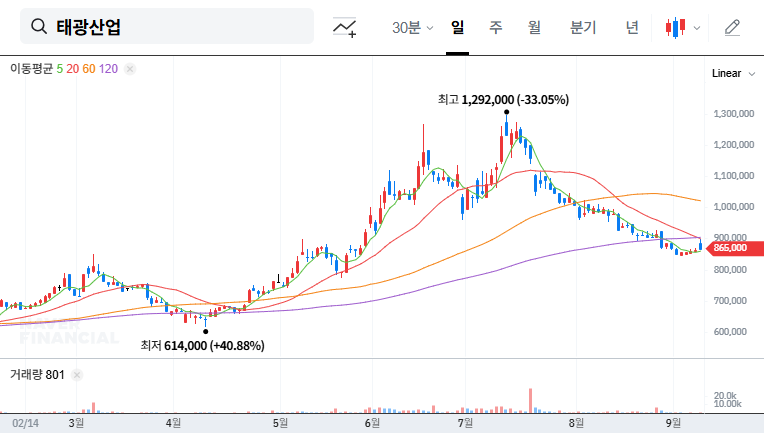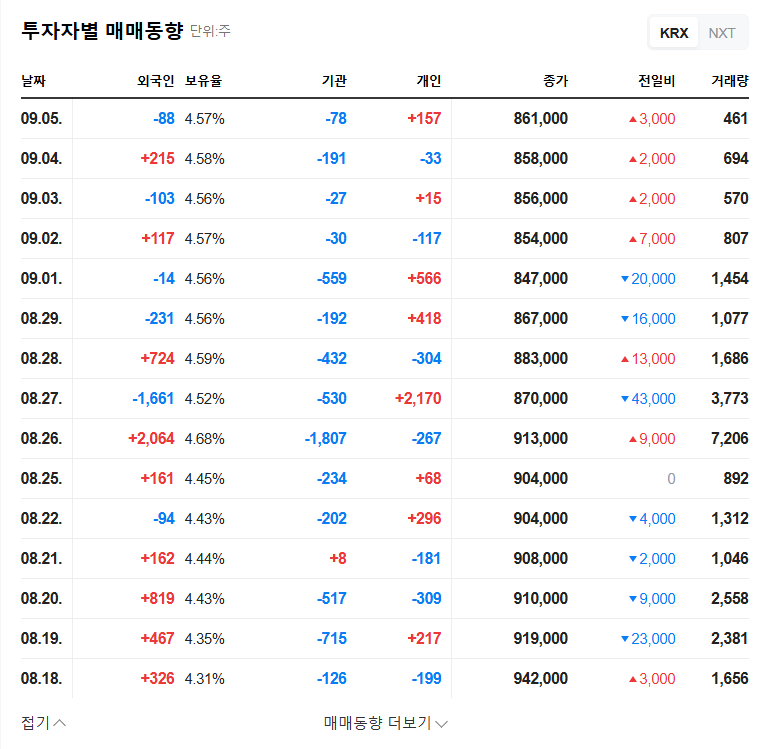
1. Why is Taekwang Pursuing Aekyung?
Taekwang’s core businesses, petrochemicals and textiles, are facing headwinds from oversupply, weak demand, and intense competition. The bid for Aekyung represents a strategic move to enter the beauty and household goods market, diversify its revenue streams, and potentially enhance its overall value.
2. Opportunities and Threats of the Aekyung Acquisition
- Opportunities:
- Entry into the beauty/household goods market: New growth engine and portfolio diversification
- Potential synergy: Improved profitability through shared distribution networks, marketing collaborations, etc.
- Threats:
- Acquisition uncertainty: Unclear outcome of the bidding process
- Increased financial burden: Potential rise in debt-to-equity ratio due to acquisition financing
- Uncertainty surrounding synergy: Challenges in business integration and achieving operational efficiency
- Continued struggles in core businesses: Potential prolonged downturn in the petrochemical/textile market
3. Key Considerations for Investors
Investors considering Taekwang should focus on the following:
- Progress of the Aekyung acquisition: Outcome of the bidding process and finalization of the deal
- Acquisition financing plan: Funding methods and impact on financial structure
- Macroeconomic indicators: Influence of exchange rates, oil prices, and interest rates
- Competitiveness of core businesses: Efforts to manage costs and improve efficiency
Investment decisions involve inherent risks. This analysis does not constitute investment advice, and all investment responsibilities lie with the individual investor.
Frequently Asked Questions
What are Taekwang Industry’s main businesses?
Taekwang Industry primarily produces petrochemical products (PTA, AN, etc.) and textile products.
Why is the Aekyung acquisition important?
The acquisition of Aekyung would allow Taekwang to enter the beauty and household goods market, diversifying its portfolio and securing a new growth engine.
What are the main risks associated with the acquisition?
Key risks include the possibility of a failed acquisition, increased financial burden due to acquisition financing, and uncertainty surrounding post-acquisition synergy.


Leave a Reply